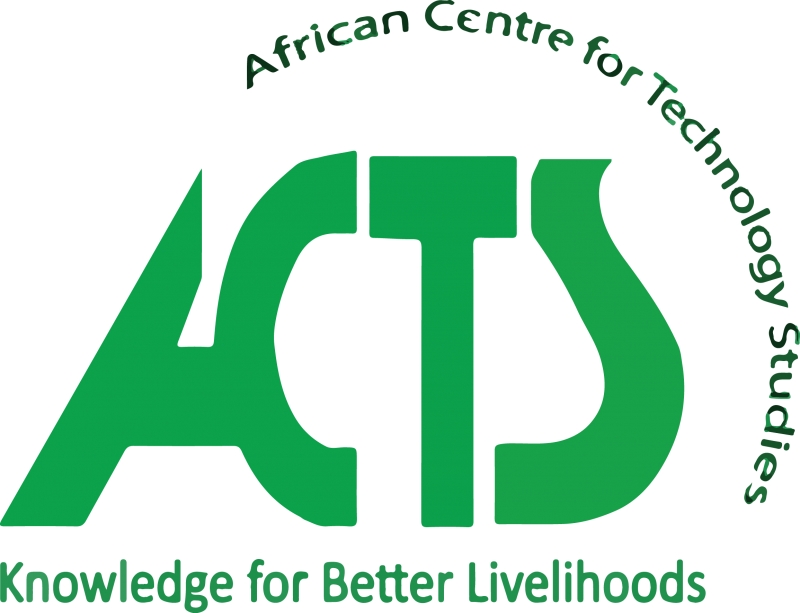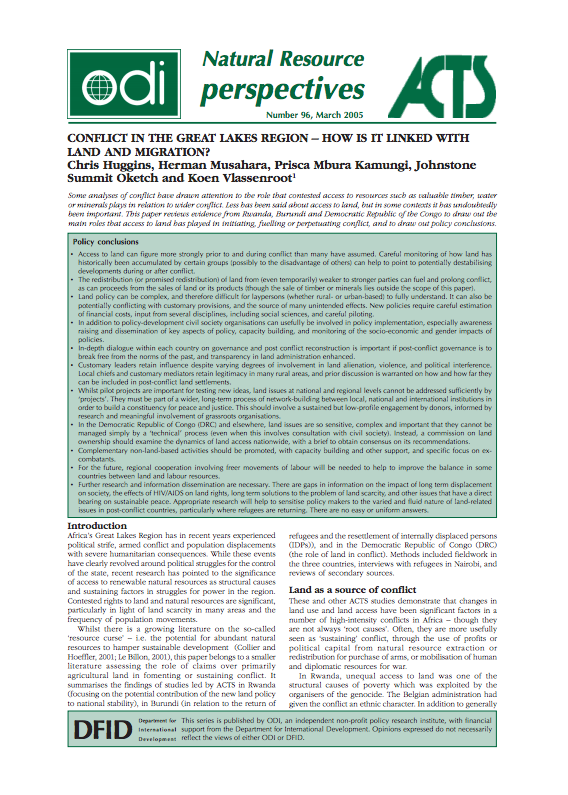Location
Our Vision: Knowledge for better livelihoods.
Our Mission: To strengthen the capacity and policies of African countries and institutions to harness science, technology and innovation for sustainable development.
Our Value Proposition
To conduct high quality research, policy analysis, capacity strengthening and outreach on applications of science, technology and innovation policies to sustainable development in Africa
To facilitate and convene evidence based policy dialogue and debate
To inform development policy and practice
To put critical issues of science, technology innovation on the Development Agenda
To provide independent and objective policy advice to African governments and agencies, regional economic communities and institutions, private sector, civil society and community actors and agencies.
A Brief History
The African Centre for Technology Studies (ACTS) is a pioneering development research think tank on harnessing applications of science, technology and innovation policies for sustainable development in Africa. ACTS is an Intergovernmental organization founded in 1988 to pursue policy oriented research towards strengthening the capacity of African countries and institutions to harness science and technology for sustainable development. ACTS envisions a sustainable economic, social and environmental future for Africa, through science, technology and innovation.
Article 3 of the Charter of ACTS, empowers the Organization to undertake capacity building, conduct research, provide advisory services and disseminate information on the policy aspects of the application of science and technology to sustainable development in Africa. It also requires ACTS to:
Promote capacity building in the developing countries in the field of policy analysis related to sustainable development.
Monitor international trends in science and technology, undertake technology assessment and forecasting and analyze the impacts of new technologies for purposes of providing policy options to African and other developing country governments.
Promote, enhance, inspire, study and conduct the building of the institutional framework requisite for the management, assessment, sustainable utilization and conservation of natural resources.
Foster the exchange of information and networking between the Centre and other governmental and private institutions and individuals that have similar or related interests at the local, national, regional and international levels, with particular emphasis on policy matters.
Promote, encourage, inspire and undertake technical cooperation activities between and within nations.
Since its founding, ACTS has been instrumental in enlarging the range of policy choices for sustainable development in Africa. Over the last quarter century, ACTS’ work has influenced patent (i.e. industrial property) legislation and policy (Kenya); environmental impact assessment standards (Eastern and Southern Africa); bio-energy and biofuels policy (Kenya, Eastern Africa, West Africa); agricultural policy, bio-diplomacy, biotechnology and biosafety (Africa-wide); climate change adaptation and mitigation (Africa-wide).
ACTS remains among the leading institutions working on sustainable development in Africa. In 2013, it was rated amongst the top Environment Think Tanks in Africa and the world. ACTS is also a past winner (1991) of the Justinian Rweyemamu Prize from CODESRIA (Africa’s Social Science Research Council) for its work in expanding the knowledge base for Africa’s development.
Members:
Resources
Displaying 1 - 5 of 10Land Tenure and Violent Conflict in Kenya
Includes a long history of land-related injustice; land and conflict in the colonial period: Mau Mau and land; land policies at independence; migration and settlement within Kenya; recent political violence and contested claims to land; conclusion.
Land Tenure and Violent Conflict in Kenya in the context of local, national and regional legal and policy frameworks
Includes presentations on land tenure and violent conflict in Kenya and in Africa; Mt. Elgon; question and answer; addressing violent conflicts over land through negotiation.
Report of the Conference on Land Tenure and Conflict in Africa: Prevention, Mitigation and Reconstruction, 9-10 December 2004
The conference was part of a series of activities by ACTS seeking to improve knowledge on the links between natural resources and violent conflict. Includes full conference papers on Burundi, Eastern DRC, Rwanda, Kenya, Sudan, Somalia, Zimbabwe, North Kivu, as well as overview papers on a research agenda on land tenure and land reform, human-centred environmental security, Oxfam GB and land in post-conflict situations in Africa, and group discussion reports, conclusions, references.
Conflict in the Great Lakes Region - how is it linked with land and migration
Africa’s Great Lakes Region has in recent years experienced
political strife, armed conflict and population displacements
with severe humanitarian consequences. While these events
have clearly revolved around political struggles for the control
of the state, recent research has pointed to the significance
of access to renewable natural resources as structural causes
and sustaining factors in struggles for power in the region.
Contested rights to land and natural resources are significant,
Land, Conflict and Livelihoods in the Great Lakes Region: Testing Policies to the Limit
Covers (1) Land as a source of conflict in Africa – the multi-dimensional nature of land issues; indirect causes of conflict, land access and structural poverty; interactions between customary and state-managed tenure systems; historical injustices and land disputes. (2) Land rights during conflict – population displacement; land as a sustaining factor in conflict; land rights of women, children and marginalized communities.



